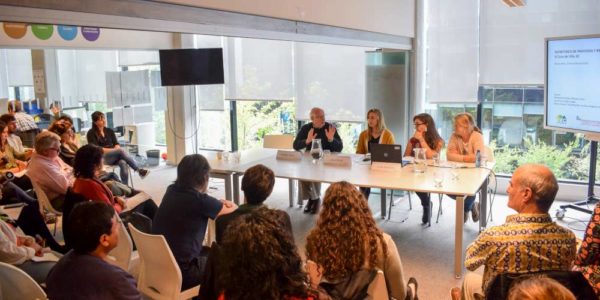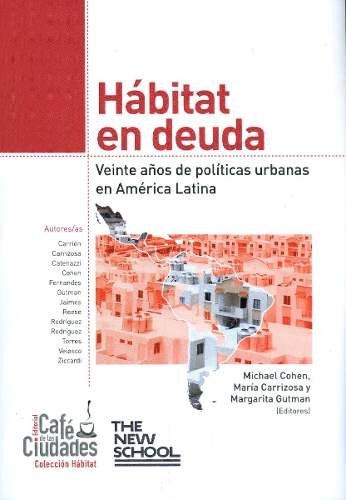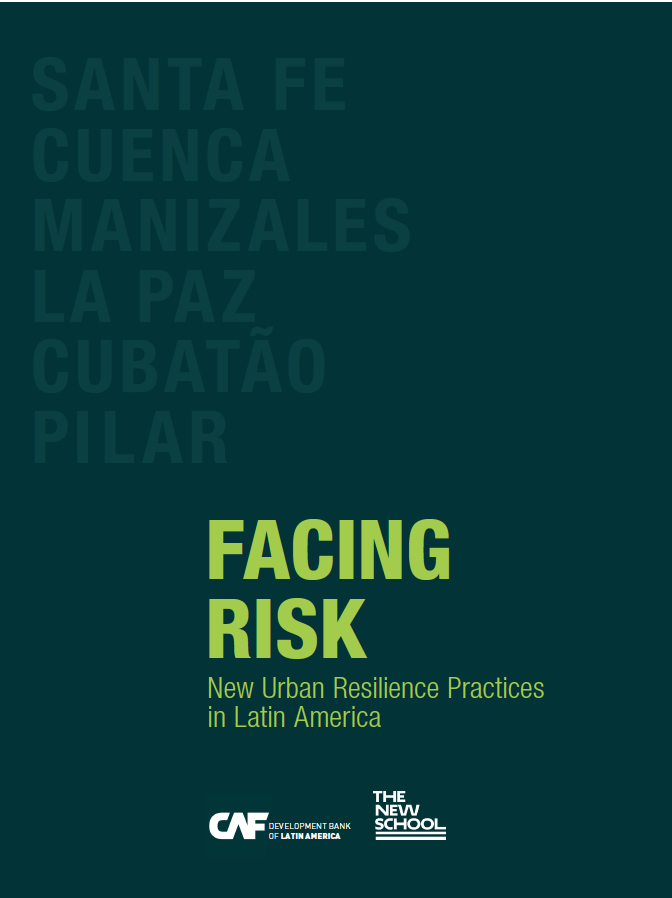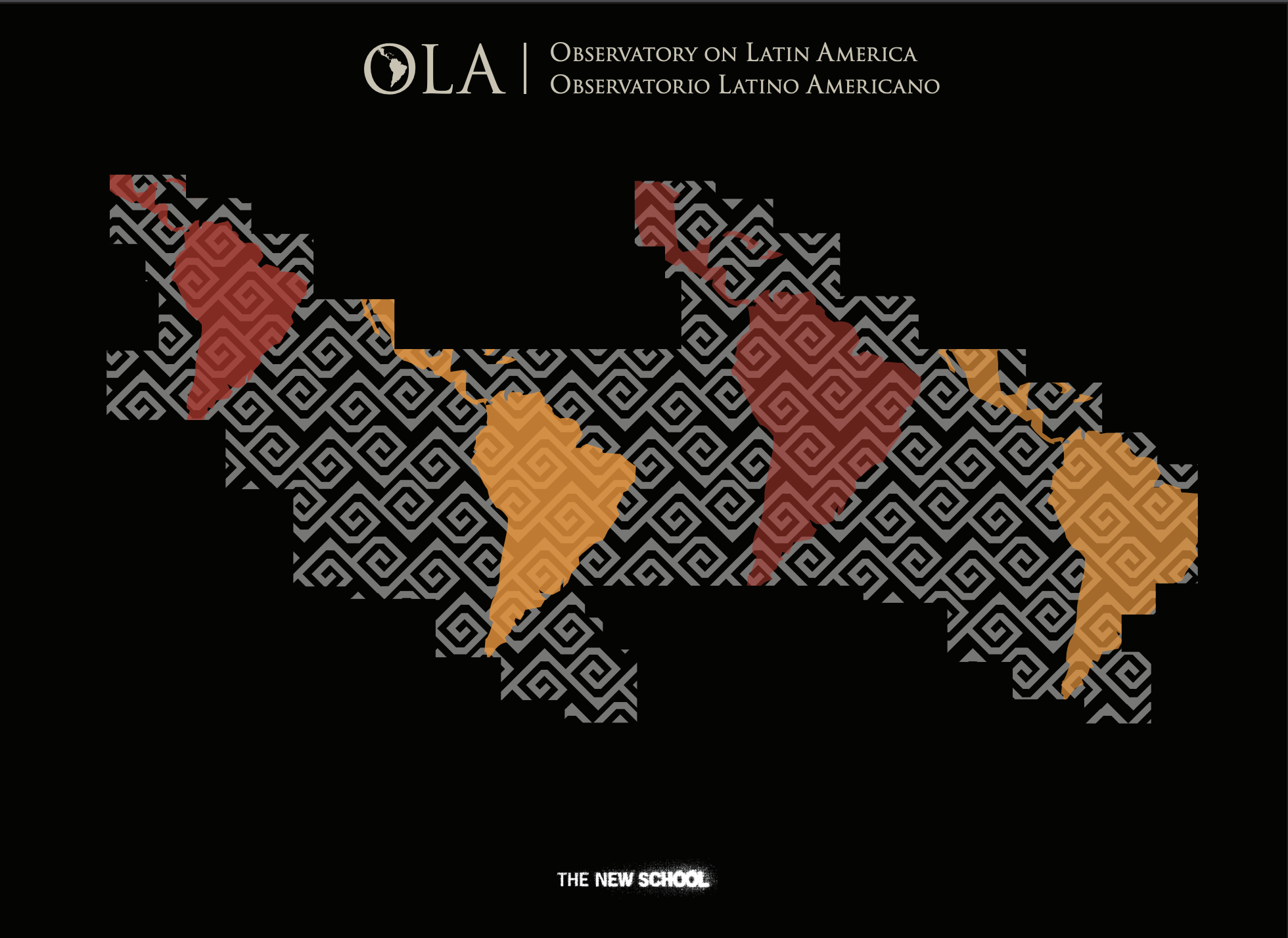Observatory on Latin America
The Observatory on Latin America (OLA) is a Latin American research and practice center homed at the Julien J. Studley Graduate Programs in International Affairs. Since its beginning in 2006 and for the last 12 years, it has fostered public debate about the processes of social reform occurring in the hemisphere, through five programs: Latin America on the Move, Design and Development, the Cuba Program, Building Bicentennials, and the PNK Fellowship.
OLA’s main objectives are to:
- Improve academic and public understanding of Latin America by observing and studying the processes of political and economic change.
- Foster a public dialogue between and within the United States and Latin America about the challenges of building social democracy in a globalized world, including creating opportunities for Latin American leaders to directly express their views to audiences in the United States.Collaborate with Latin American institutions to further these objectives within countries across the hemisphere by linking and mobilizing ideas and institutions.
The Observatory on Latin America has hosted more than 150 events with over 6,000 attendees. This public program agenda has allowed it to become a recognized open platform for the dissemination and discussion of Latin American ideas to an international audience in New York, and an active collaborator with universities and civil society organizations across the region.

In addition to public events, the Observatory on Latin America has published a number of reports focusing on the way globalization impacts urban infrastructure, the economy, and populations at large in Latin America.

Habitat en Deuda
Two faculty members of the Julien J. Studley Graduate Programs in International Affairs, Michael Cohen and Margarita Gutman, co-edited a book that examines the impact of 20 years of urban policies in six Latin American countries: Argentina, Brazil, Chile, Colombia, Ecuador and Mexico. It argues that evaluating the fulfillment of past commitments is essential for framing and meeting the new commitments that were taken in Habitat III over the next 20 years.
Taken as a whole, the book provides a critical assessment of the economic, social and environmental consequences of urban interventions during Habitat II. The country-level chapters have been written by recognized experts in urban issues, with first-hand knowledge of the Habitat process, and deep familiarity with the problems, statistics, actors and political contexts of their nations. The latter part of the volume considers wider topics such as the Habitat Commitment Index, the New Urban Agenda and the regional and global-scale lessons that can be extracted from this group of countries.
Urban Policy in Latin America will be of interest to advanced students, researchers and policymakers across development economics, urban studies and Latin American studies.

Featured Profile: Margarita Gutman
Margarita Gutman is an Argentinian architect, urbanist and historian, and a professor of urban studies and international affairs at The New School. She is co-director of the New School’s Observatory on Latin America. She holds a PhD in architecture and urban history from the Universidad de Buenos Aires. She has taught and researched at the Facultad de Arquitectura, Dise o, y Urbanismo of the Universidad de Buenos Aires where she won a chair (cathedra) in urban history. She also did research at the International Institute for Environment and Development – America Latina, the Getty Research Institute in Los Angeles, the Woodrow Wilson International Center for Scholars in Washington, DC, and the International Center for Advanced Studies at New York University. She is the author of Buenos Aires: El Poder de la Anticipación (2011) and fourteen other books, as well as many articles. Gutman was a 2001 Fellow at the Vera List Center for Art and Politics.
In October of 2018, Gutman participated in a special session of the Urban Knowledge Dialogues organized monthly by the Instituto de Vivienda (IVC) of the Government of the City of Buenos Aires, entitled “Integration, Participation and Sustainable Development Goals”. The OLA research team, local and global partners, and city government representatives presented two projects at the special session, “Monitoring Processes and Outcomes in Slum Upgrading in Buenos Aires”, and “Implementing the New Urban Agenda and the Sustainable Development Goals. Comparative Urban Perspectives, Buenos Aires Case Study”. Both of the projects are applied action research efforts in collaboration with local institutions in Buenos Aires, and are oriented to produce knowledge which could be utilized at the local, national, and global levels. This collaboration includes framing of the research, identification, collection, and analysis of relevant data jointly with personnel of local organizations.
Her most recent publication is “Techno-Social Explorer: Unfulfilled Human Rights and Demands for Urban Transformation,” which is an applied research project for the Ministry of the Public Defender, City Government of Buenos Aires. The publication offers analysis and interpretation of urban anticipations of the future provoked by territorial conflicts in the city of Buenos Aires and expressed by neighbors, local press, and social movements in public digital space.

Featured Publication: Facing Risk
Facing Risk, published by CAF – Development Bank of Latin America – in partnership with the Observatory on Latin American (OLA) at The New School, analyzes the cases of Manizales (Colombia), La Paz (Bolivia), Cuenca (Ecuador), Cubatão (Brazil), Santa Fe and Pilar (Argentina), describing different problems and institutional approaches to the management of resilience, to finally present nine lessons and recommendations to reduce risk to disasters and improve the quality of life of citizens.
According to the book, natural hazards in the past were seasonal and more predictable (such as periods of drought and rain), but they are becoming increasingly unpredictable. Therefore, in facing current and future challenges, Latin American cities must analyze historical patterns of disasters, but they also need to learn from experiences of other cities, in order to develop more creative solutions to current hazards.
“It is necessary to design integral strategies and intervention models that allow managing risk from multiple levels of government, with special emphasis on urban areas. Understanding in greater depth the role of local management and implementing consistent intersectoral measures, are also fundamental elements to achieve more resilient cities “, explains Julián Suárez Migliozzi, Vice President of Sustainable Development at CAF.
The full publication can be viewed below:
Source: Observatory on Latin America

